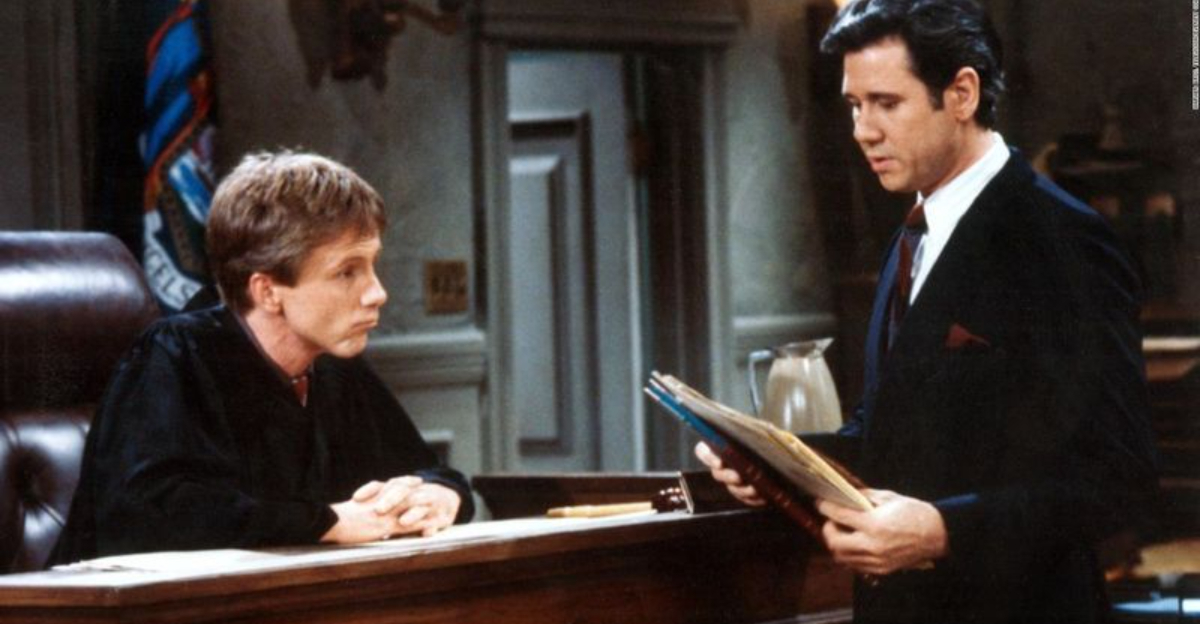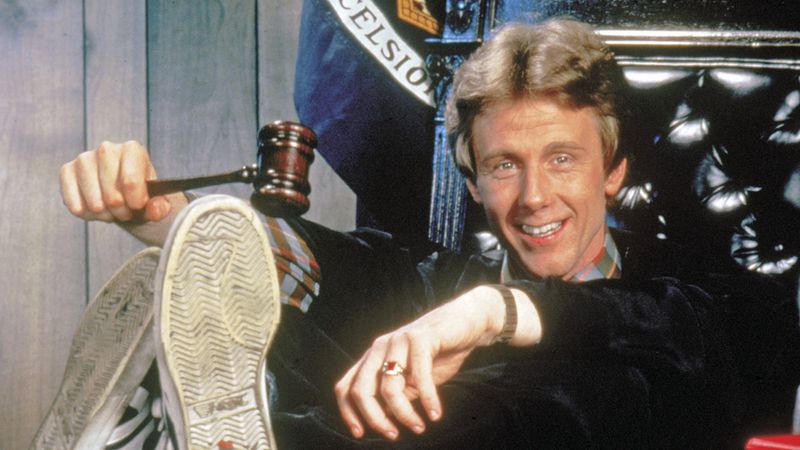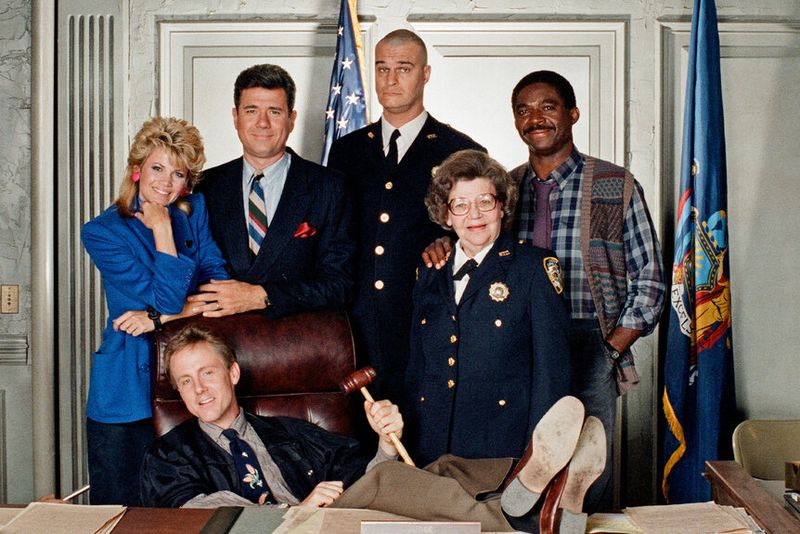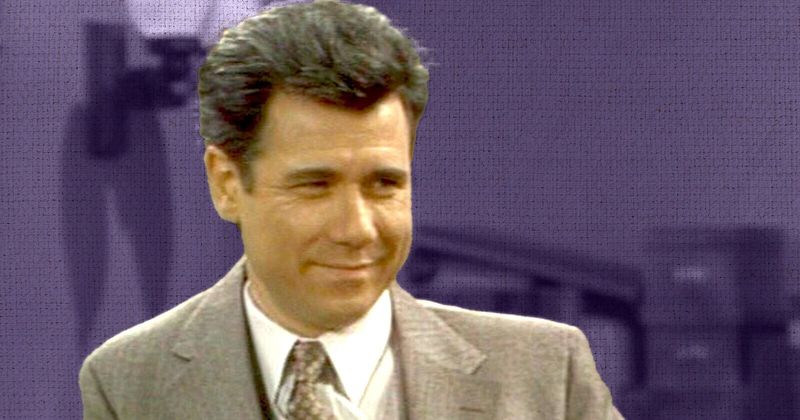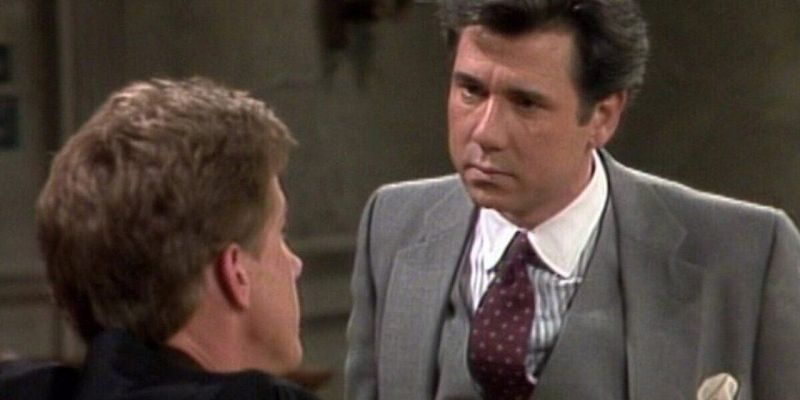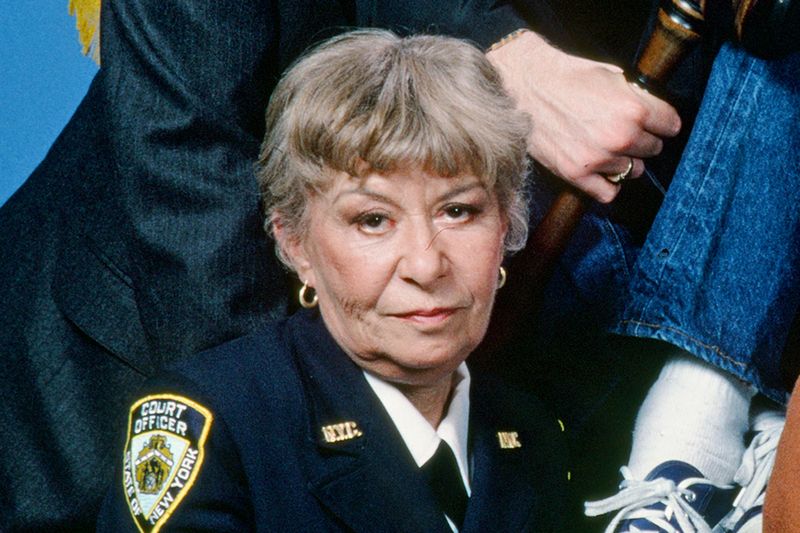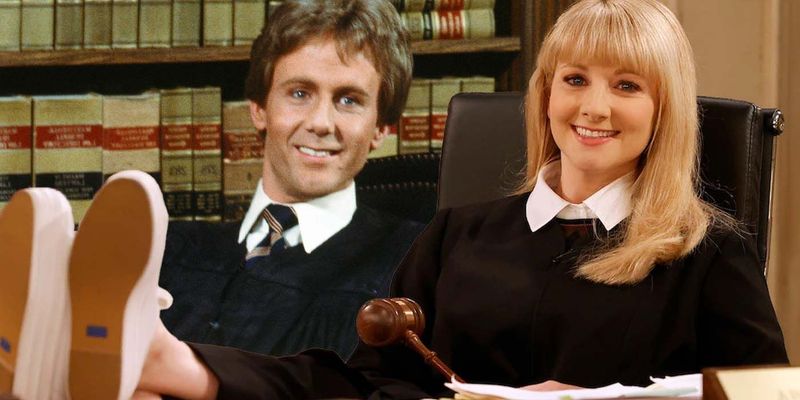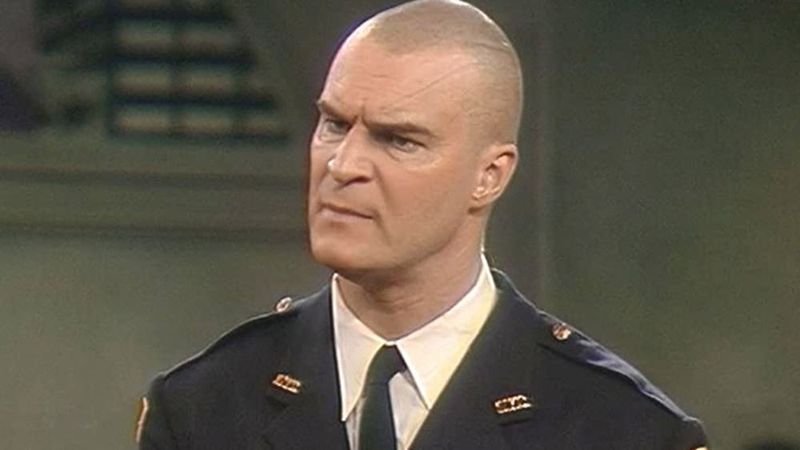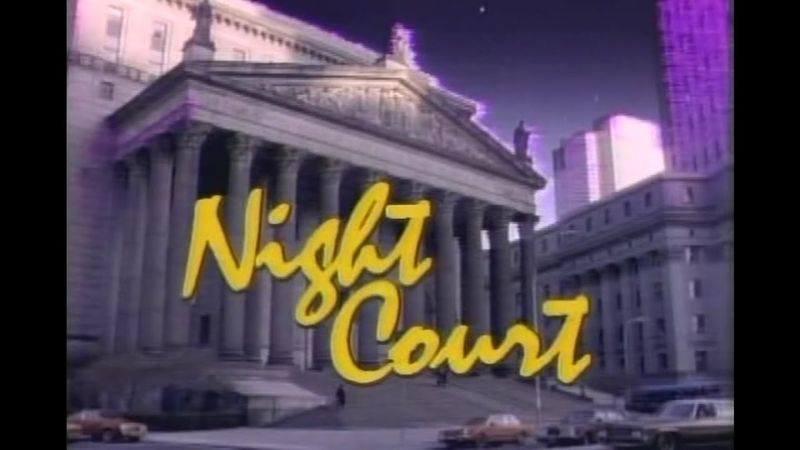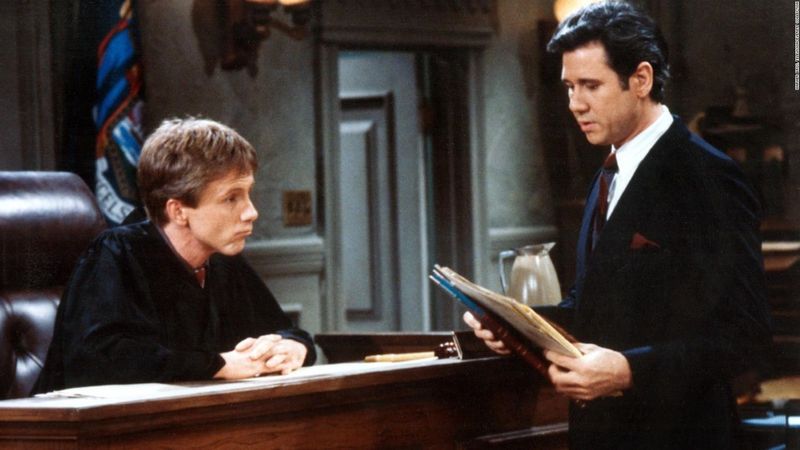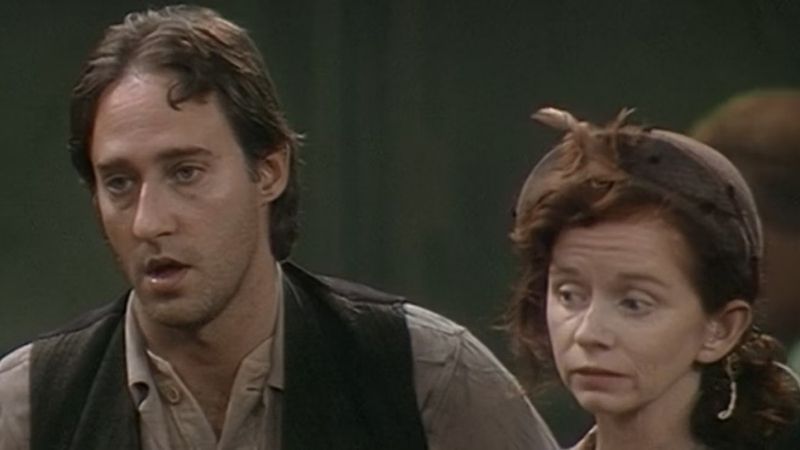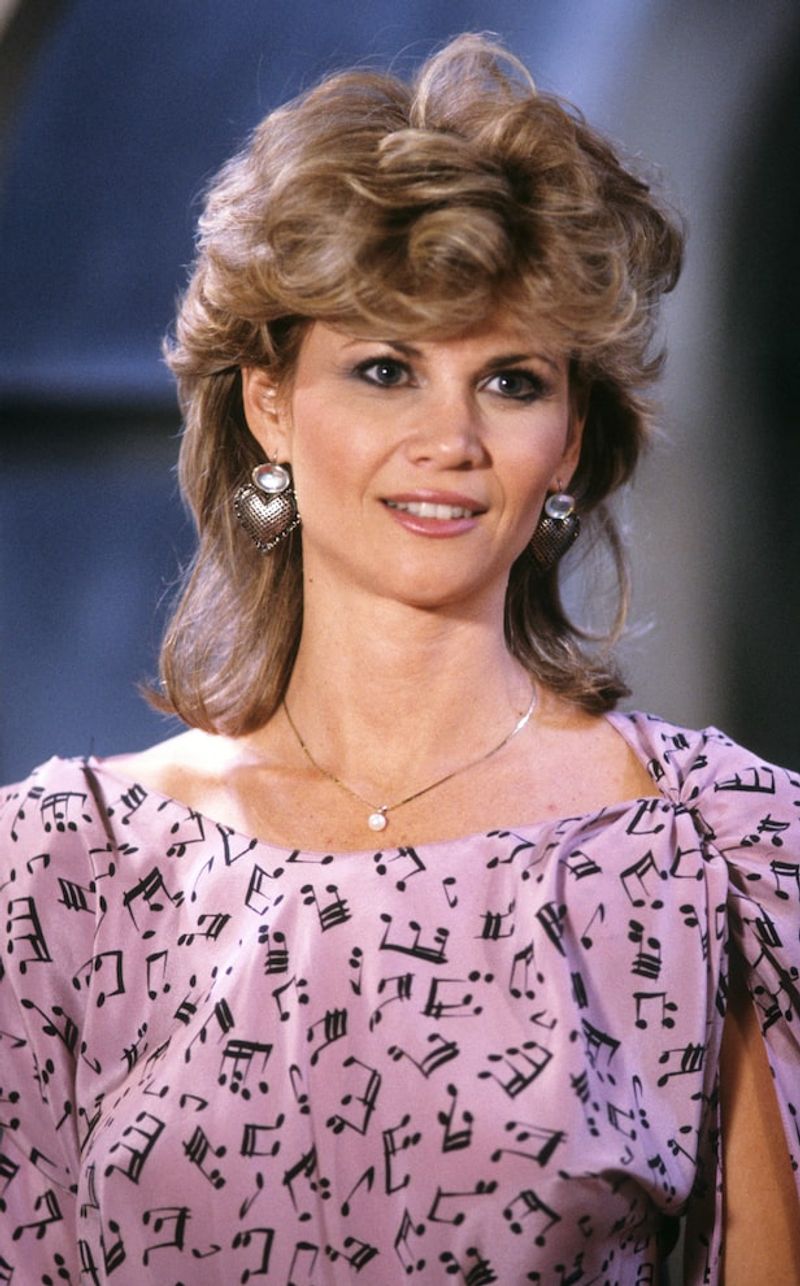Night Court, the quirky yet beloved sitcom of the 1980s and early ’90s, delighted audiences with its blend of humor and heart. Set in a Manhattan courtroom, the show featured a motley crew of characters whose antics kept viewers coming back for more.
Despite its popularity, there are many intriguing details about the show that even the most dedicated fans might not know. In this post, we delve into 12 wild facts about Night Court, offering fresh insights into what made this show a true classic.
Prepare to be surprised and entertained by these behind-the-scenes revelations!
1. Harry Anderson Was a Real Magician
Harry Anderson wasn’t just acting when he played Judge Harry Stone; he was bringing a bit of his own magic to the role. Before taking up the gavel, Anderson was a professional magician, known for his engaging and witty performances. His love for magic wasn’t just a character quirk—it was a genuine passion that he infused into the show, delighting audiences with clever tricks and sleights of hand. Anderson’s magic added an extra layer of charm to his character, making Judge Stone a memorable figure in television history. His wizardry was as much a part of him as his infectious smile.
2. The Show Was Almost Canceled Early
Night Court faced a precarious future during its initial season, teetering on the brink of cancellation. Low ratings plagued the early episodes, and the show’s fate hung in the balance. However, a timely decision by NBC to shift it to a more favorable time slot breathed new life into the series. This move allowed Night Court to find its audience and eventually thrive, becoming a staple of the network’s comedy lineup. This underdog story of survival in the competitive TV landscape is a testament to the show’s unique charm and resilience, much like the characters themselves.
3. Dan Fielding Was Meant to Be Minor
Dan Fielding, the hilariously unscrupulous prosecutor, was initially intended to play a minor role on Night Court. However, John Larroquette’s standout performance quickly captured the hearts of viewers. His portrayal of Fielding as both sleazy and somehow endearing made him a fan favorite. Larroquette’s comedic timing and charisma led to an expanded role, allowing him to fully explore the complexities of Fielding’s character. This unexpected rise in prominence proved to be a pivotal aspect of the show’s success, showcasing how talent and audience reaction can shape character development in television.
4. It Won Four Straight Emmy Awards
John Larroquette’s portrayal of Dan Fielding didn’t just win over fans; it also impressed critics, earning him four consecutive Emmy Awards for Outstanding Supporting Actor in a Comedy Series from 1985 to 1988. Larroquette’s winning streak was so unprecedented that he made the rare decision to withdraw from consideration in 1989. He wanted to offer his peers a fair chance at the accolade. This remarkable achievement highlights both his talent and his gracious spirit, underscoring how a single performance can resonate profoundly, leaving a lasting legacy on the television landscape.
5. Several Bailiffs Died During the Series
Tragedy struck the Night Court family with the loss of two beloved cast members. Selma Diamond, who played the wisecracking bailiff Selma Hacker, passed away after the second season. Her successor, Florence Halop, who portrayed the gentle bailiff Florence Kleiner, also died after the third season. The show respectfully acknowledged their passing, blending humor with heartfelt tributes to honor their contributions. These losses were deeply felt by both the cast and the audience, reminding everyone of the close-knit bond shared by the Night Court team, on-screen and off.
6. Judge Stone Was Based on a Real-Life Person
Judge Harry Stone, with his quirky habits and endearing charm, was inspired by a real-life young judge. Series creator Reinhold Weege drew upon the persona of a contemporary judge known for his love of jazz and magic. This real-life influence lent authenticity to Anderson’s portrayal, making Judge Stone a relatable and likable character. The blend of whimsy and wisdom in Stone’s character was not just a creation of scriptwriters but a reflection of a genuine personality. This creative choice connected viewers to the show, blurring the lines between reality and fiction.
7. Bull’s Character Wasn’t in the Original Script
Bull Shannon, the towering and lovable bailiff, was not part of the original Night Court script. Richard Moll’s audition impressed the producers so much that they crafted the role specifically for him. His unique blend of innocence and physical comedy brought Bull to life in a way that resonated with viewers. Moll’s portrayal added a warm, gentle humor to the series, and Bull’s character became an integral part of the ensemble. This testament to Moll’s talent highlights the creative adaptability of television, where unexpected elements can become defining features of a show.
8. The Theme Song Is Legendary
The jazzy, iconic theme song of Night Court was the creation of composer Jack Elliott. Known for his work on various television themes, Elliott crafted a tune that perfectly encapsulated the show’s quirky and upbeat spirit. The bass-heavy, lively melody became synonymous with the show, instantly recognizable to fans. This musical piece set the tone for each episode, welcoming viewers into the whimsical world of Night Court. Elliott’s composition remains one of the most memorable TV themes from the 1980s, illustrating how music can profoundly influence a show’s identity and audience connection.
9. The Set Was Modeled After a Real NYC Night Court
The chaotic and sometimes surreal atmosphere of Night Court was inspired by the real night sessions held in New York City’s courts. Known for unusual and fast-paced cases, these sessions provided a rich backdrop for the series. The show’s creators meticulously designed the set to mirror these lively courtrooms, capturing the essence of late-night justice. This authentic representation added depth to the series, allowing viewers to feel as if they were part of the bustling Manhattan legal scene. The attention to detail in set design played a key role in the show’s engaging realism.
10. Brent Spiner Had a Recurring Role
Before Brent Spiner became famous as Data on Star Trek, he appeared on Night Court as Bob Wheeler, part of an unfortunate hillbilly couple. His recurring role added a touch of eccentric comedy to the show, with Spiner’s portrayal of Wheeler as both lovable and hapless. This character became a delightful addition to the series, showcasing Spiner’s versatility as an actor. Fans appreciated the comedic depth he brought, making his appearances a memorable highlight. This quirky role was a stepping stone in Spiner’s career, leading to his later success in science fiction television.
11. Christine Sullivan Replaced Two Prior Public Defenders
Christine Sullivan, portrayed by Markie Post, wasn’t the first public defender to grace the Night Court bench. Before her arrival, the roles of Billie Young and Liz Williams filled that position. However, Sullivan’s character brought a fresh dynamic and quickly became a central figure. Her quirky professionalism and heart brought balance to the courtroom’s chaos. Post’s engaging performance helped establish Sullivan as an indispensable part of the cast, elevating the show’s appeal. This transition exemplifies how character evolution can breathe new life into a series, resonating with audiences and keeping the narrative vibrant.
12. Harry Anderson Was the Youngest Judge on TV
At just 31 years old, Harry Anderson portrayed Judge Harry Stone, making him the youngest television judge at the time. His youthful energy and whimsical charm resonated with audiences, as he brought a unique blend of humor and heart to the role. Anderson’s portrayal broke the mold of traditional TV judges, offering a fresh perspective that was both relatable and endearing. His age allowed him to connect with a younger audience, while his character’s quirky wisdom appealed to all ages. This youthful approach helped define Night Court’s distinctive and enduring appeal.
